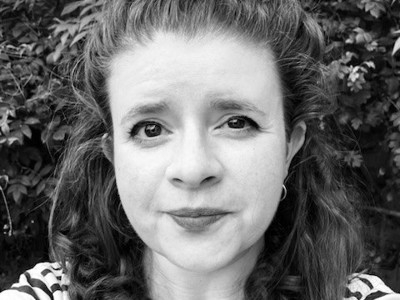
Useful hedgerow plants: the creation of sense of place and wellbeing in local communities
Utilising the cultural geographies of landscape, this PhD is an interdisciplinary study focusing on useful hedgerow plants across the UK and the sense of place (SOP) and wellbeing which they can offer. Hedgerows are a valuable feature of the British countryside and humans have been using them as a resource for centuries.
Seeking to expand current thinking beyond an Ecosystem Service lens, this research considers Cultural Ecosystem Services (CES) and how SOP is nested within that framework. Whilst CES are often regarded as intangible and therefore difficult to quantify, there is increasing interest in understanding the emotional and relational links created in a natural environment. Hedgerows, with their important place within the British cultural imagination and their many practical uses, are a valuable example of how nature and culture work together to form place importance and local identity. This research will explore whether ethnobotanical knowledge of hedgerows, and the SOP which this engenders, could be a tool in improving wellbeing within communities and across generations. Using both quantitative and qualitative techniques, this research will consider how we measure the meanings which create place.
Considering health from a holistic point of view, this research will look at social and cultural aspects of wellbeing and evaluate whether a relationship with hedgerows can offer tangible wellbeing outcomes. Additionally, the research will record what diversity of ethnobotanical knowledge exists and how it is passed on. The project will preserve cultural knowledge as well as helping biodiversity conservation by demonstrating the importance of protecting hedgerows.

